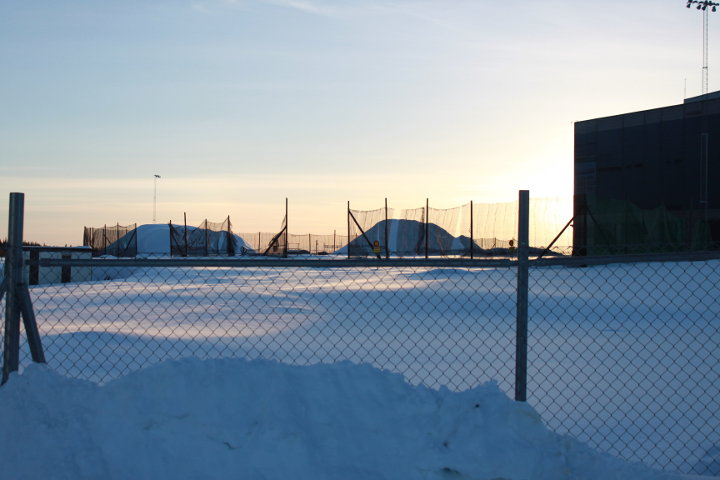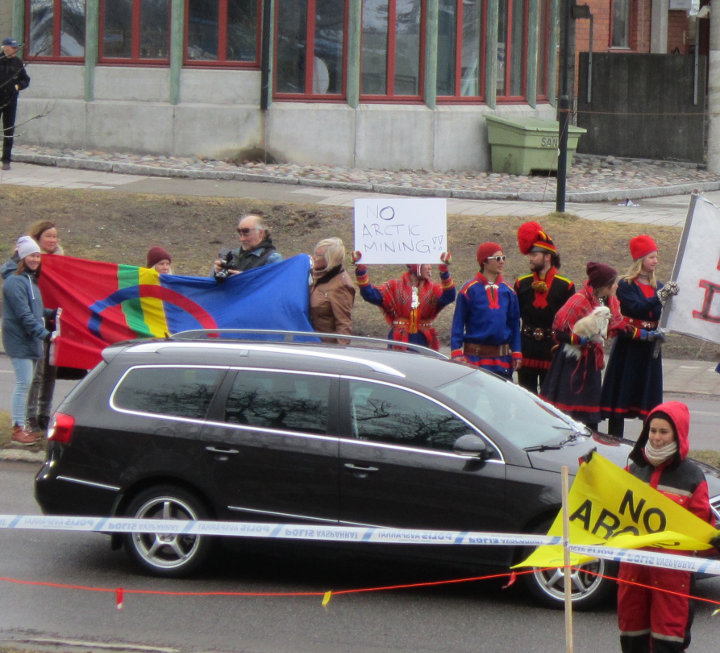Transnational companies, indigenous peoples – the politics of Arctic mining (RT 4)
Mining has a long history in the Arctic – one that complicates present-day discussions about the industry’s role in creating a prosperous future for Arctic communities.


Transnational companies, indigenous peoples – the politics of Arctic mining (RT 4)
Mining has a long history in the Arctic – one that complicates present-day discussions about the industry’s role in creating a prosperous future for Arctic communities. Unequal power relations persist between companies, states, and indigenous Arctic residents. Environmental change has also become intimately connected with indigenous rights. This research task explores the roots of these inequalities, in terms of legislative structures, perceptions of social and cultural difference, and conceptions of what constitutes appropriate development (and who ought to benefit from it). Drawing on studies from across the Arctic, with a particular focus on Fennoscandia, Greenland, and Canada, the aim is to understand the historical background to contemporary challenges, and to explore how those challenges might be addressed in the future.
Large image: The closed Northland Resources processing plant, Pajala, Sweden. March 2015. Photo: A. Nilsson
Small image: Protests outside the Arctic Council Kiruna Ministerial meeting May 2013. Photo: A. Nilsson



